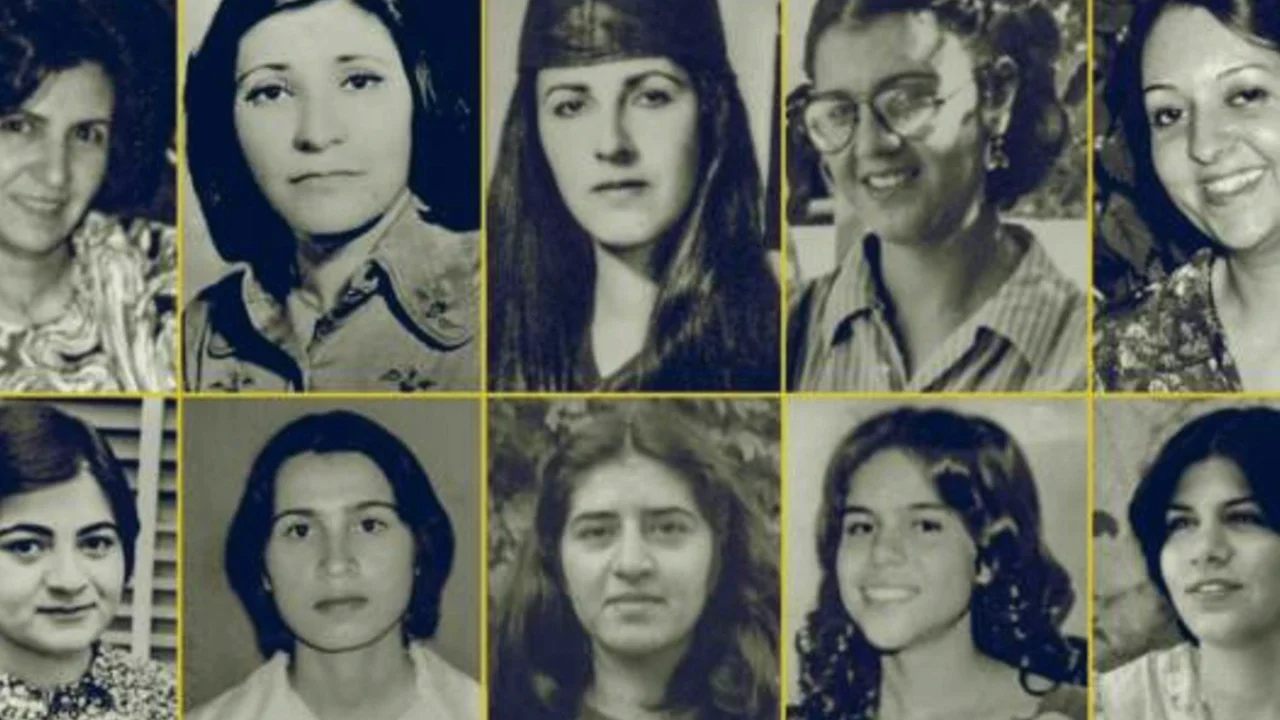Iran’s Government Caused the Deaths of at Least 225 Baha’is
The Islamic Republic of Iran has been responsible for the deaths of at least 225 Baha'is since its establishment, Iran Open Data research shows.
Statistical research on documented reports available on the website “House of Anti-Baha'i Documents” shows that after the Iranian Revolution, 158 Baha'is have been executed by firing squads or hanged on court orders. Twelve individuals have lost their lives in prison due after being tortured. Another 16 individuals disappeared after being threatened by members of the religious establishment or government agents, and 39 individuals were killed with the support of religious and political government entities.
Chart Link
This statistic is only related to the category of victims whose deaths have been documented by the House of Anti-Baha'i Documents. Their identities, as well as the dates and methods of their killings are known. It is highly probable that the actual number of fatalities is higher than this.
Research shows that the killings of Baha’is happened mostly in the early years of the Islamic Republic, as the current regime consolidated power in the highly charged post-revolutionary period.
The highest recorded statistics are in the year 1360 (1981-1982) with a record of 52 executions and murders. After that, the year 1359 (1980-1981) had a record of 38 killings and executions, and the years 1362 (1983-1984) and 1363 (1984-1985) were the bloodiest years for the Baha'i community.
Chart Link
Although this trend has not stopped in the four decades following the establishment of the Islamic Republic, it appears that the policies regarding suppressing the freedom of the Baha’is have changed. Government-sponsored killings of Baha’is slightly decreased after the mid-1360s (mid-1980s).
Akbar Hashemi Rafsanjani, who was considered the second most powerful figure of the regime in the 1360s (1980s), refers in his memoirs to a meeting of the Combatant Clergy Association in 1366 (1987-1988), during which decisions were made to coordinate policies regarding the Baha'is.
“The meeting of the Combatant Clergy Association [Tehran Council] was at my office last night. The discussion revolved around the Baha'is. The following politics were deemed favourable:
- Do not register their name as Baha'is in official documents; leave the religion column blank.
- Grant them the right to participate in ordinary social life.
- Prevent them from entering governmental and other sensitive positions.
- If they want to leave [the country], allow them to do so.
While Hashemi Rafsanjani stated the right of Baha'is to "participate in ordinary social life," classified documents on the House of Anti-Baha'i Documents website indicate a continued violation of the rights of the Baha'is.
Chart Link
The above chart illustrates the number of documented instances of specific violations of the rights of the Baha'i, categorised and detailed on the House of Anti-Baha'i Documents website.
One of the most widespread practices that violate the rights of the Baha'i in Iran is denial of access to education.
Iran Open Data’s research on documented reports, correspondences, and judicial and governmental documents indicate that over the course of four decades in the Islamic Republic, at least 186 Baha'i students and scholars have been deprived of the right to education due to their religious beliefs and those of their families. As previously mentioned, this statistic only includes students for whom there are official governmental or judicial records.
Chart Link
The state practice of depriving the Baha’is of education was more critical in the 1360s (1980s) than other decades, but a significant increase happened in the 1380s (2000s). This increase comes after a relative calm in the 1370s (1990s) and follows the assumption of power by Mahmoud Ahmadinejad's government. A fresh wave of suppression and violation of Baha'i rights in Iran began during this period.



